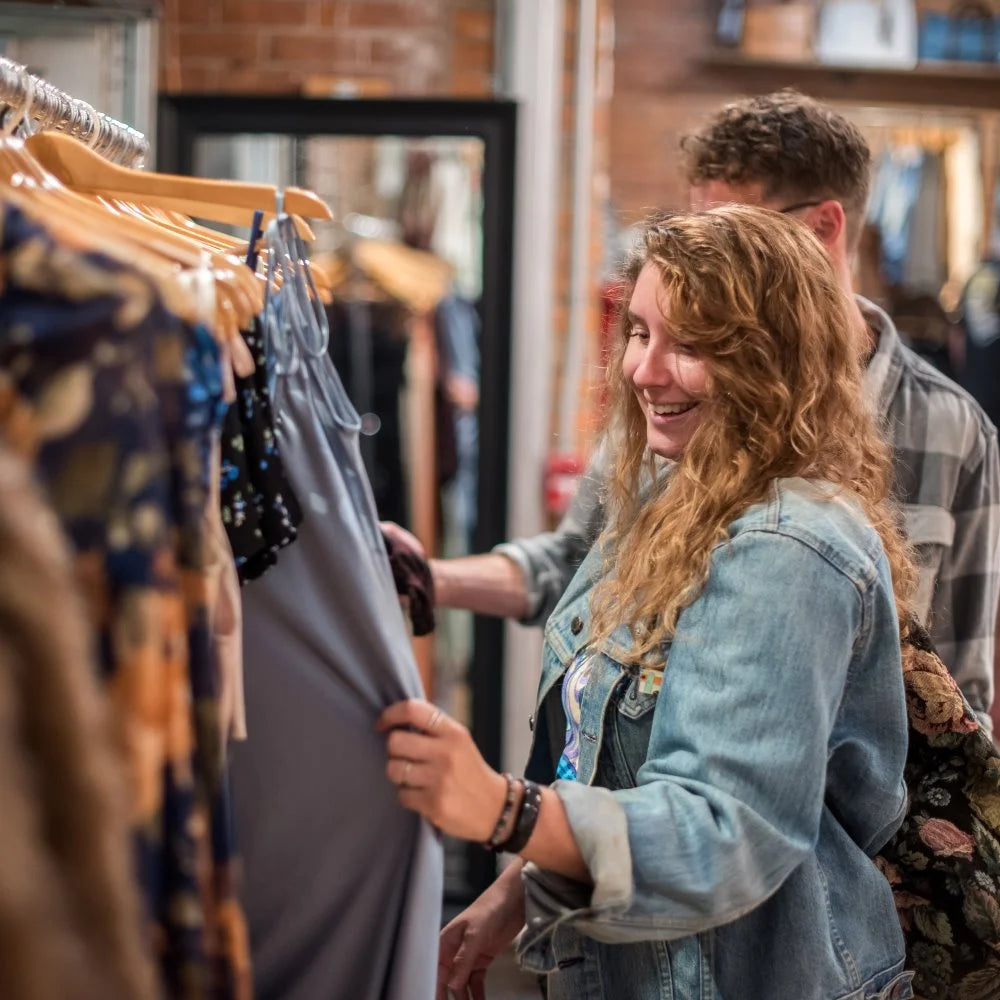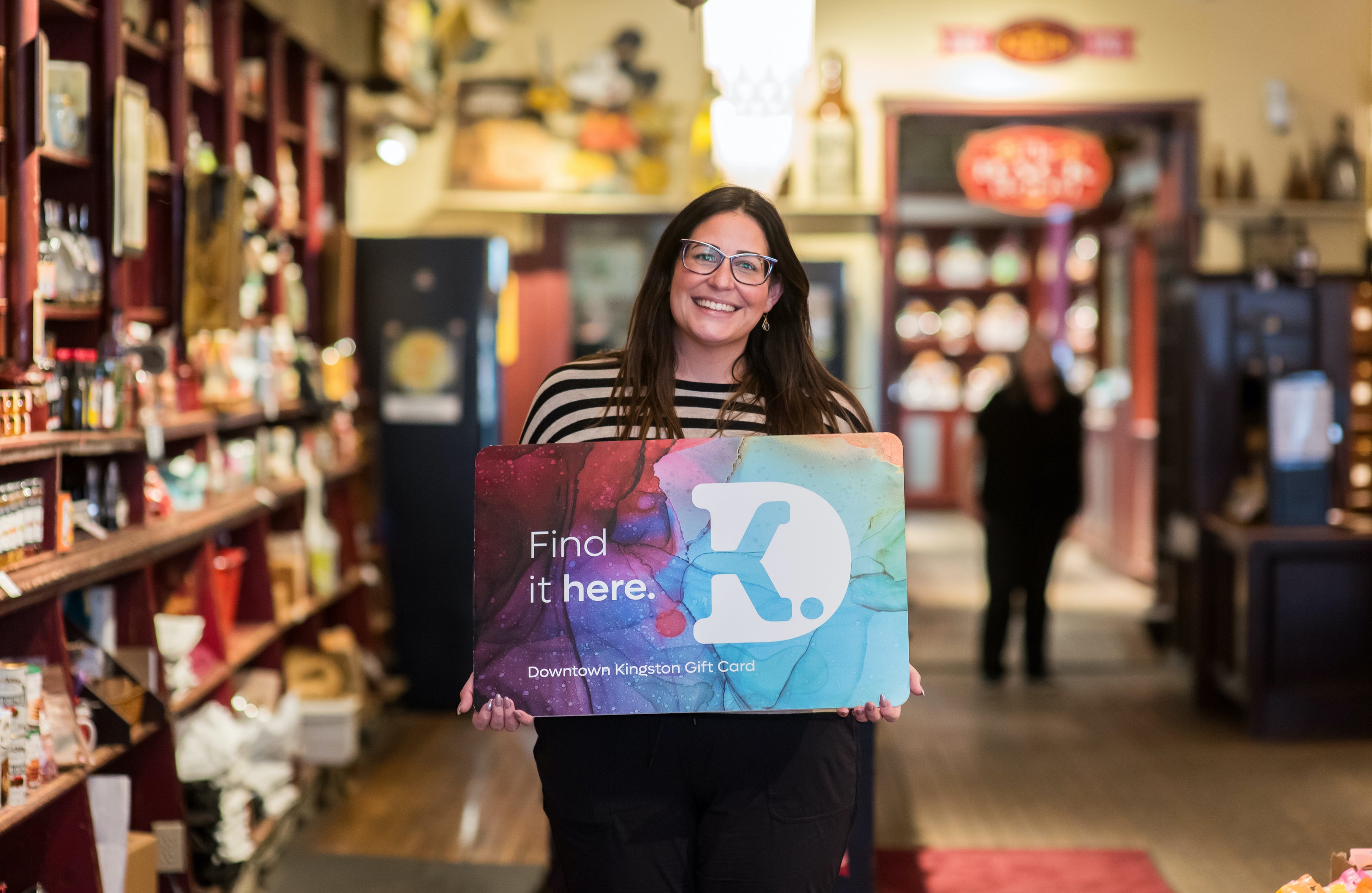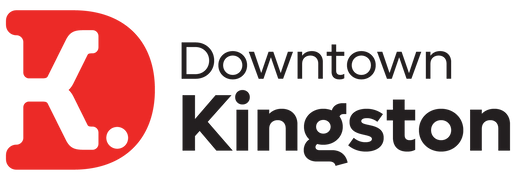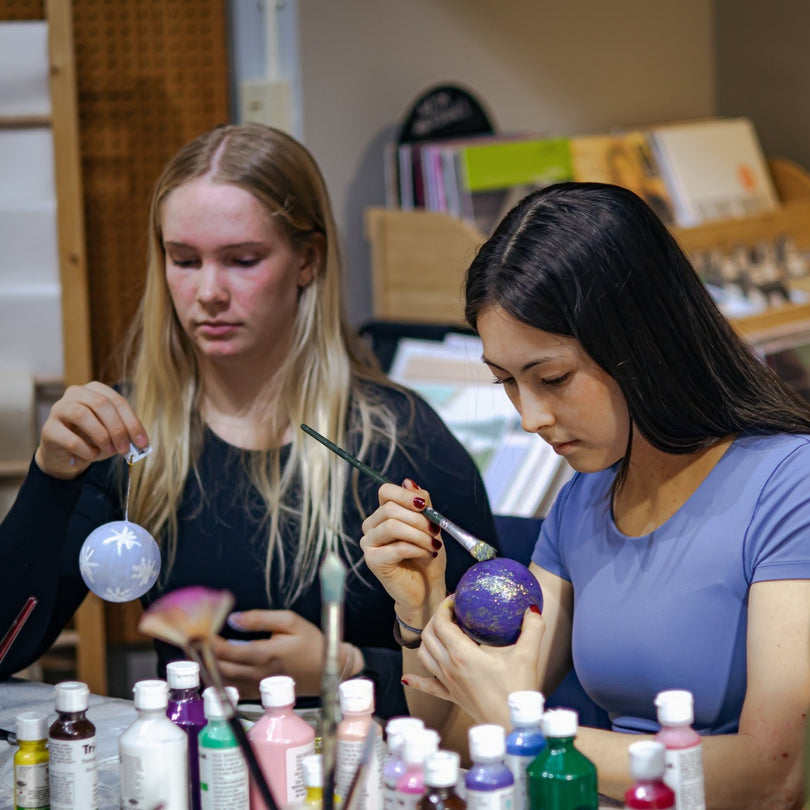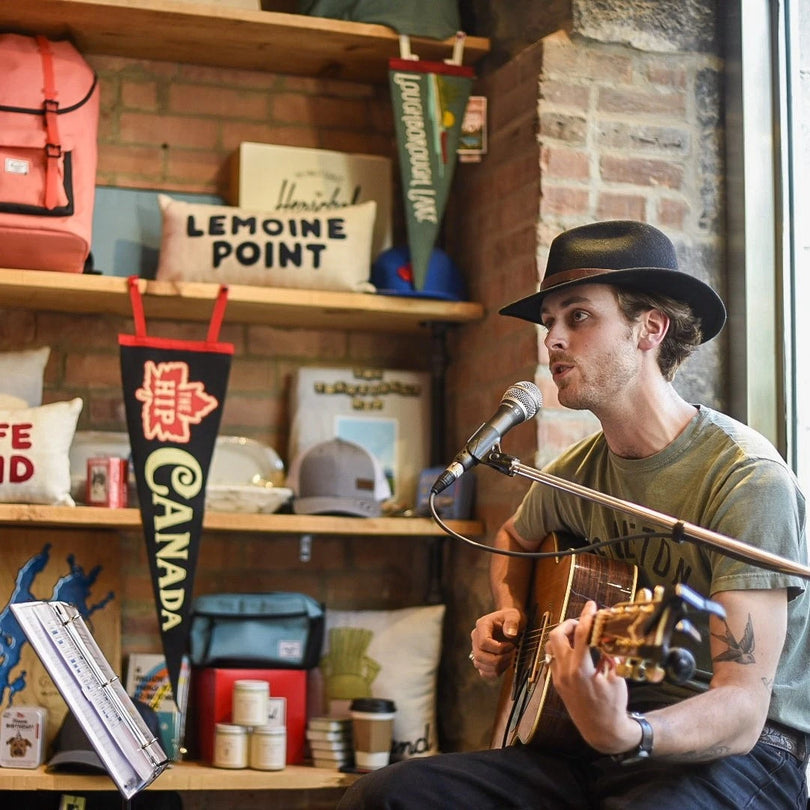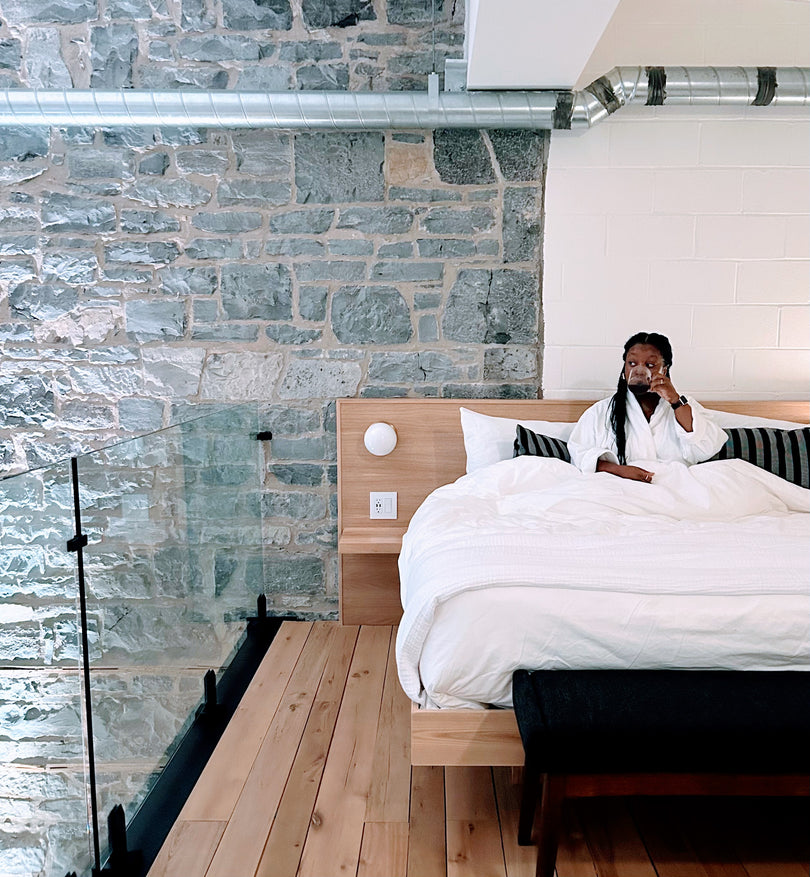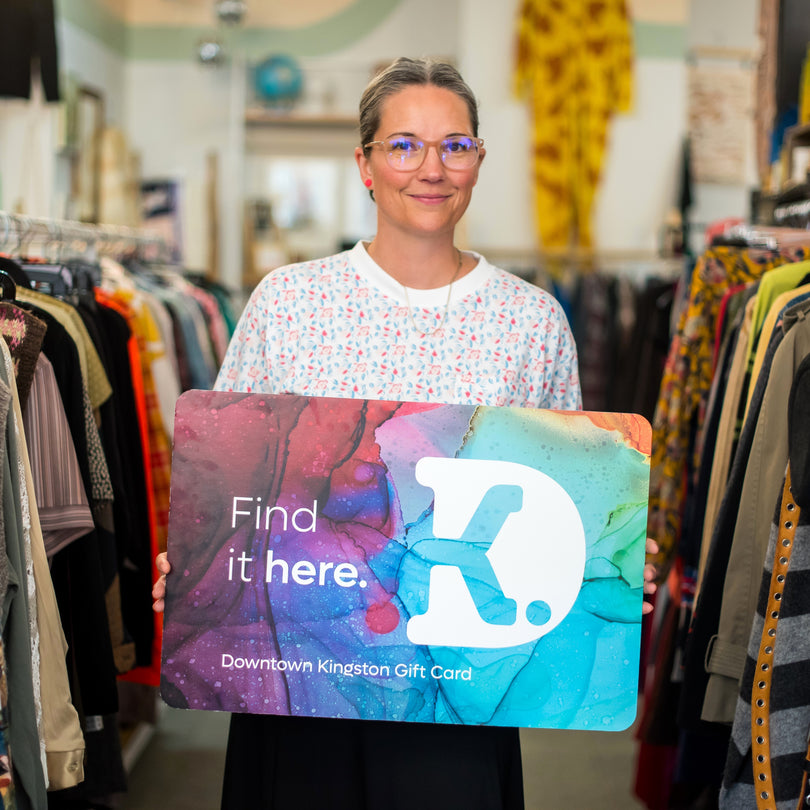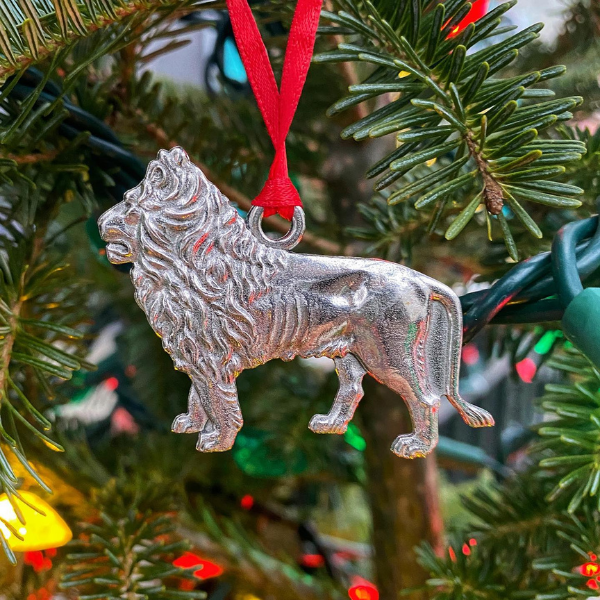Free Ways to Start Sustainable Living
By Ange Buck
These days, it can be tough to figure out what you’re supposed to do. There’s a climate emergency, but it is coming at a time of marked increases in the cost of living. Barack Obama said, “We are the first generation to experience the effects of climate change, and the last one that can do something about it.”
I started my journey a decade ago in trying to switch to the pricey products that I found in the “special” sections of the grocery store, learning that most of them didn’t work effectively for our family’s needs at all. At the end of the day, it was just more plastic waste and thrown away cash and turning back to the conventional options that I knew weren’t impacting things positively that I’d wanted to leave behind in the first place. The boom in “green” marketing within the last decade also has a way of turning good intentions into confusion, anger, and a lack of motivation. All of this, with the rising cost of everything else and the need to conserve our finances where we can.
Things have to change, but how?
It doesn’t have to be as difficult as all of that - finding the magical “diamond” item to buy. It’s not even necessarily about what we buy, it is more how we shift our reliance on convenience measures and items that haven’t really been around that long. Here’s 8 of my favourite tips for helping someone get started with making an impact without a huge investment; you may even find the opportunity to save some money!
1. Think like your Grandma
There was a whole time before plastic sponge mops, throw away products, single use paper products like paper towel and facial tissue, and pre-mixed cleaners in plastic packaging. My Grandpa used to freeze his summer berries in old margarin dishes (two eco acts in one - avoiding clam shell plastics and reusing existing plastics), and as long as you’re sure to wash it, a hanky can be better for your skin and your wallet. Wrap a gift in cloth, save/freeze the leftovers, and reuse what you have. Setting up a rag bin under your kitchen sink is completely free, and can save both the expense and impact of buying crates of paper towels, but also reuse the cloths in your home that end up stained or worn out.
2. Reuse what Exists
Reusing something that is already in existence, plastic or not, is always far more sustainable than buying something new. Taking care of the clothing you already have, or the food storage containers you’ve already invested in, is far more sustainable than purchasing new glass storage ware or a whole new “eco” wardrobe and throwing the old one away. Rather than throwing away our plastics, reuse them as much as you can. They can work for food storage, refilling food and goods at a bulk foods shop or refilleries, or working as storage in your home (versus buying those colourful brand new plastic organizers that big brands love to make TV shows about, amirite!).
3. Refuse the Extra Waste
We all know the main 3R’s, but refusing is a pretty impactful one that doesn’t cost any money. When you grab a sandwich, just say no to the plastic sleeve/clam shell/bag and carry it out in a paper wrapping. Choose an ice cream cone instead of a cup and plastic spoon. If you can keep a spare to-go cup or set of cutlery in your bag or car, you can begin to refuse the excess packaging that comes with our current lifestyles. Filling your own water bottle, coffee cup (it’s usually the smaller local shops that do this, and it never hurts to ask), refusing the exterior plastic bags with groceries, can all reduce your impact.
All of this adds up, and certainly makes a ripple effect for the people and businesses in your life as they watch you make radical small changes. Many say they won’t make changes until big companies do, but companies usually only begin to make changes when enough people show they aren’t interested in their current model, so the more we change, the more impact we can have.
4. Bring your Own Packaging
Bringing your own containers can save you the packaging price on a lot of products. Bulk Barn is currently offering discounts on refills on Sundays with the use of your own container; this can help decrease your food costs considerably. Saving the packaging price in a refillery can also make Canadian made, socially and ecologically responsible goods more accessible, as for every bulk product in our refillery sold, you’re saving money on the same product in a package. It can be a little daunting at first, but saving some recycling containers and bringing them to be weighed at the counter prior to filling them can become a routine for your family and will definitely save costs over time. It also feels pretty good to help your children participate and learn a new way forward.
5. Look around your Community
Moving back towards a lifestyle where we know the person we purchase our goods from is a strong sustainable move. All of the goods that we are purchasing in big box stores may have been shipped extremely far distances, and this contributes to our larger carbon footprints (not to mention, the lack of wages and working conditions for those making goods overseas or working in those spaces). Shipping things individually online, in all of that bubbled packaging, has a larger impact than choosing to purchase it locally without the extra shipping to each customer’s doorstep.
If you can get to know your farmer, your local community resources and shops, and find alternative sources to big box stores, the money will stay in your own community and your carbon footprint will be reduced. Shopping locally owned keeps the money flowing around your community as that shopkeeper spends it and recruits other local sources, rather than sending it further away to be respent elsewhere.
6. Divert Waste destined for Landfills
Currently, the average in Ontario for plastics that make it to recycling programs is only around 8-9%, and so recycling is just kind of… nothing. Many local programs take items that can’t be recycled and are normally thrown into the garbage.
Pop Cycle in a new initiative in Kingston recycling children’s clothing locally; many thrift shops cannot take the volume of what they are given, and the plastic screen printing on many children’s clothes is more plastic waste (choosing clothing without all that, made out of natural fibre, can make a big difference, too!). Earthub is another local initiative that diverts typical waste to local businesses and programs that reuse the items. Getting acquainted with the Terracycle website can also help you find places near you that will accept tough to recycle items for free; Harlowe Green is one of those spaces that accepts waste on a voluntary and sponsored basis - no purchase required.
7. Set up a Compost
Composting is a fantastic way to create a big impact - food can take years to break down in plastic garbage bags, compacted and inaccessible to light and air, in a landfill. Diverting food waste from your garbage bin can be simple. Try freezing your compost and check out how simple an in-home worm composter can be online.
There is currently a huge environmental problem that exists with our soil health, and so you’ll be tackling a few eco-positive initiatives with this project. Worms can cost around $20, and you can start out with an old storage bin you may already have if you want to keep it least expensive to get going.
8. Aim for Long Term Change
There are so many ways we can make a difference, and often it just requires getting a little creative and looking at our own habits and making the change one at a time. Trying to do it all at once is almost always a recipe for failure, so committing to making one change at a time will get you so much further ahead after time passes rather than burning out after a week or so. Some changes require lifestyle habit changes (like a rag bin) and others just require making a different decision in the moment (buying a degradable toothbrush in degradable packaging at a local shop). Do the easy things first and see your motivation grow. You don’t need to spend your mortgage payment to be more sustainable and remember it does not need to be perfect - the more people trying, the better!
If you’re looking for more information to get started with sustainable, conscious living, see our blog at harlowegreen.com, pop into the shop on 90 Brock Street, or connect with us on Facebook and Instagram!
Harlowe Green
Indepedent + locally owned refillery
Where: 90 Brock Street, Kingston, Ontario
Ange Buck
A farm girl and graduate from the University of Guelph, Ange is a nature lover and environmental activist. A local entrepreneur, she’s interested in re-learning old ways that are more in tune and connected with the Earth. As a mom to two wild little boys, she shares their behind-the-scenes family journey to low-waste living in a rural area outside of Kingston on her social media and blog, Zero Waste Adventures.
